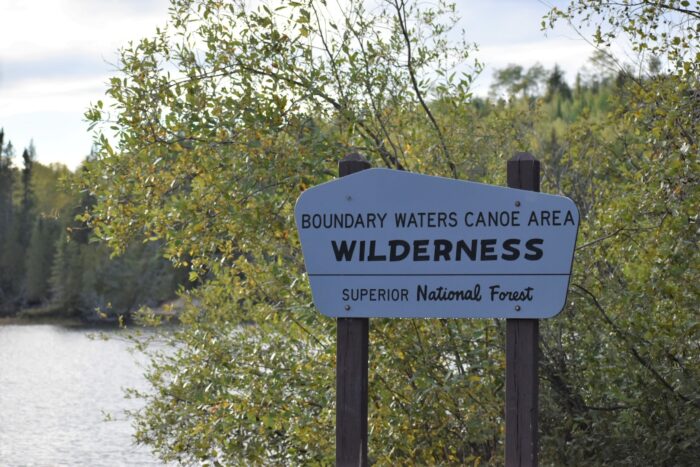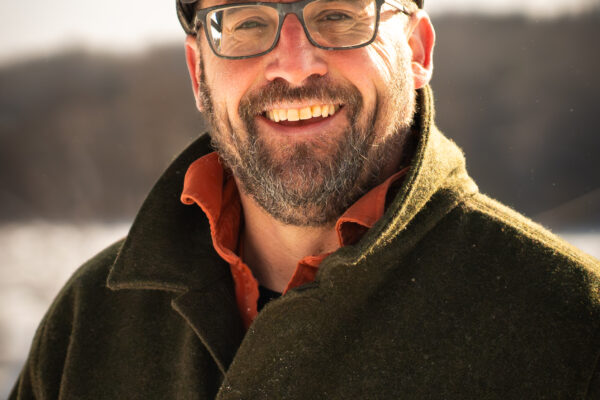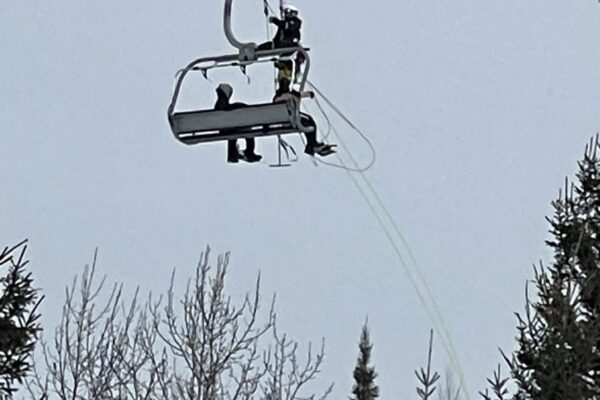Forest Service hosts public open houses on proposed BWCAW fee increase
For the first time since 2008, the U.S. Forest Service is exploring raising overnight permit fees for the Boundary Waters Canoe Area Wilderness.
The proposed fee change is designed to enhance education, address a backlog of deferred maintenance, align with market comparisons within Minnesota, and improve the visitor experience.
The adult overnight fee for Boundary Waters is currently $16. The proposal would increase the fee to $40 per adult. The current overnight fee for youth and seniors is $8. The proposal would increase the fee to $20.
As part of the proposal process, the Forest Service is gathering public comments and hosting open houses to provide the public and media with an opportunity to ask questions and learn more.
The first open house took place on July 14 from 4-6 p.m. at the Kawishiwi District Office in Ely, Minn. The second open house took place virtually via Microsoft Teams on July 15 from 4-6 p.m.
During the virtual open house, Tom Hall, the forest supervisor for the Superior National Forest, stated that one of the driving factors for the fee increase is the deterioration of campsites and portages within the BWCAW.
“We have a lot of deterioration of our campsites because of the amount of use, the sustained interest and use of the Boundary Waters,” Hall said. “So, whether that’s education, or maintenance, or rehabilitation, there is an increase and sustained need for more work to occur within the Boundary Waters.”
According to the agency, the increase in fees will allow the Superior National Forest to hire BWCAW wilderness rangers to address the over $11 million in maintenance backlog. Examples of maintenance include campsite and portage rehabilitation, hazard tree felling, digging latrines by hand, resetting or replacing fire grates, and cutting trees.
“Nearly half of our campsites in the Boundary Waters don’t meet our standards that have been outlined in our Forest Plan,” said Cathy Quinn, the assistant wilderness program manager for the Superior National Forest during the virtual open house.
There are roughly 1,900 campsites within the BWCAW, each with a fire grate and a latrine.
The BWCAW 1986 Forest Plan states, “Management of the wilderness resources involves more than simply setting aside land and leaving it alone. To retain its enduring value, the Forest Service manages wilderness and its various uses and activities to be compatible with wilderness character.”
In addition to the needed maintenance for BWCAW campsites, Superior National Forest staff maintain 200 miles of hiking trails and nearly 200 miles of portages. Staff also issue permits, provide education and enforcement, and perform a variety of other tasks that keep the BWCAW accessible and operational.
Between 2019 and 2024, the average annual visitation to the BWCAW was approximately 154,000 people, according to the agency.
Hall said the Forest Service does receive a “small amount” of appropriated funds from Congress. Still, it is not nearly sufficient to hire wilderness rangers and address the needed deferred maintenance. Hall said that at least 80% of the recreation fees collected are “retained on the Superior National Forest and go directly back into our management of the wilderness area.” The majority of which pay for staff, he said.
The Forest Service will host a third open house in Grand Marais on Tuesday, July 22, at the Gunflint District Office. The open house will take place from 4-6 p.m.
The public comment period will remain open until Sept. 2, 2025. Check the Superior National Forest’s website for links and location details. The public can also submit public comments here.
Once public comments are reviewed and integrated into the proposal, Superior National Forest officials will submit it for review and recommendation to the Regional Recreation Resource Advisory Committee (RRAC). Implementation of the proposed fee increase is anticipated to begin in January 2027.
Audio from a portion of the Superior National Forest’s July 15 virtual open house regarding the proposed BWCAW fee increase is below.
















